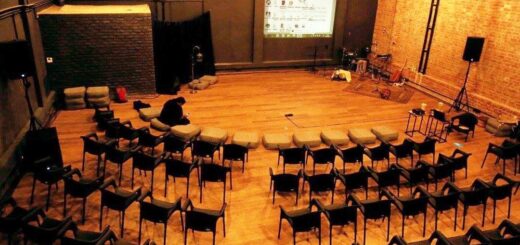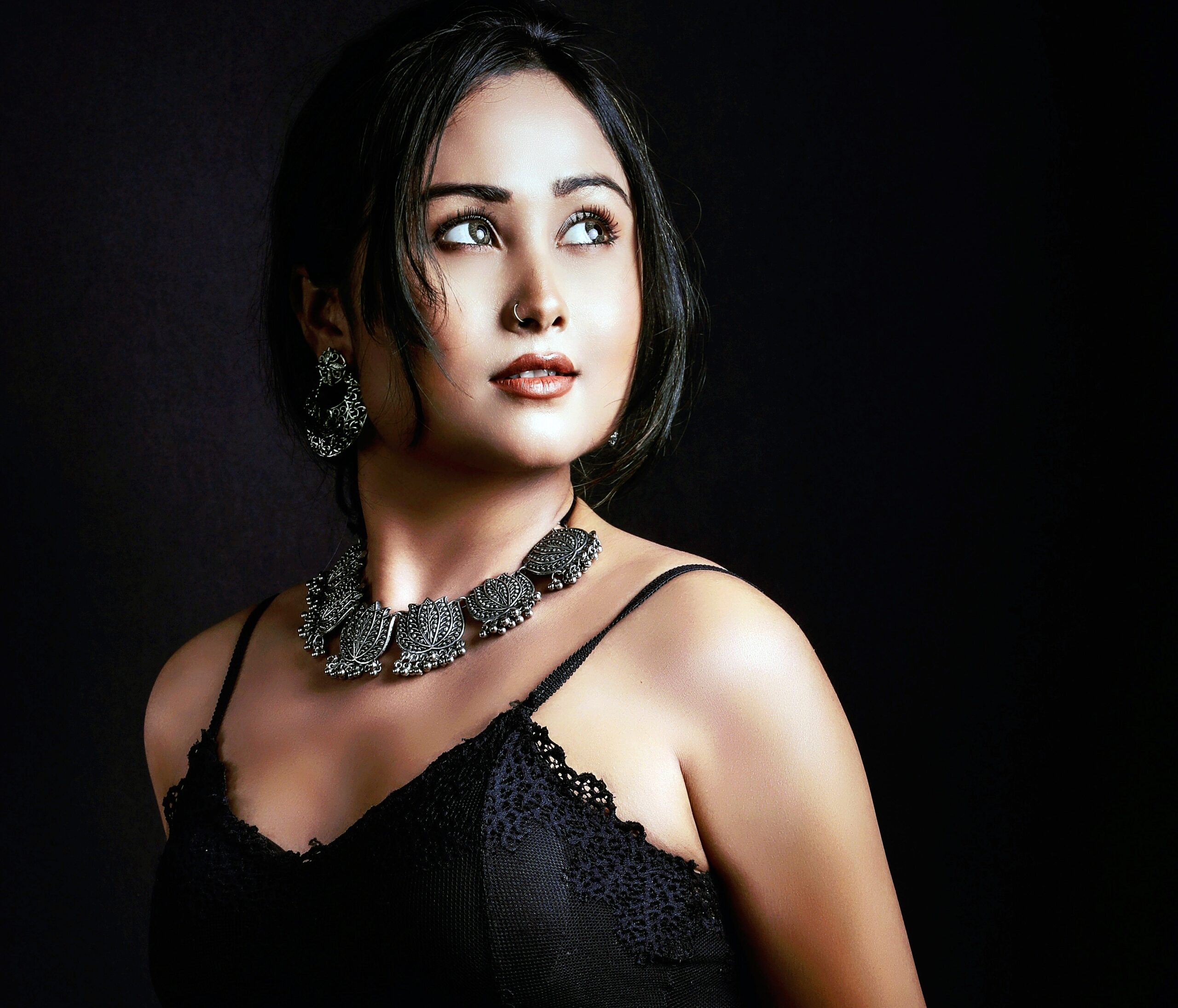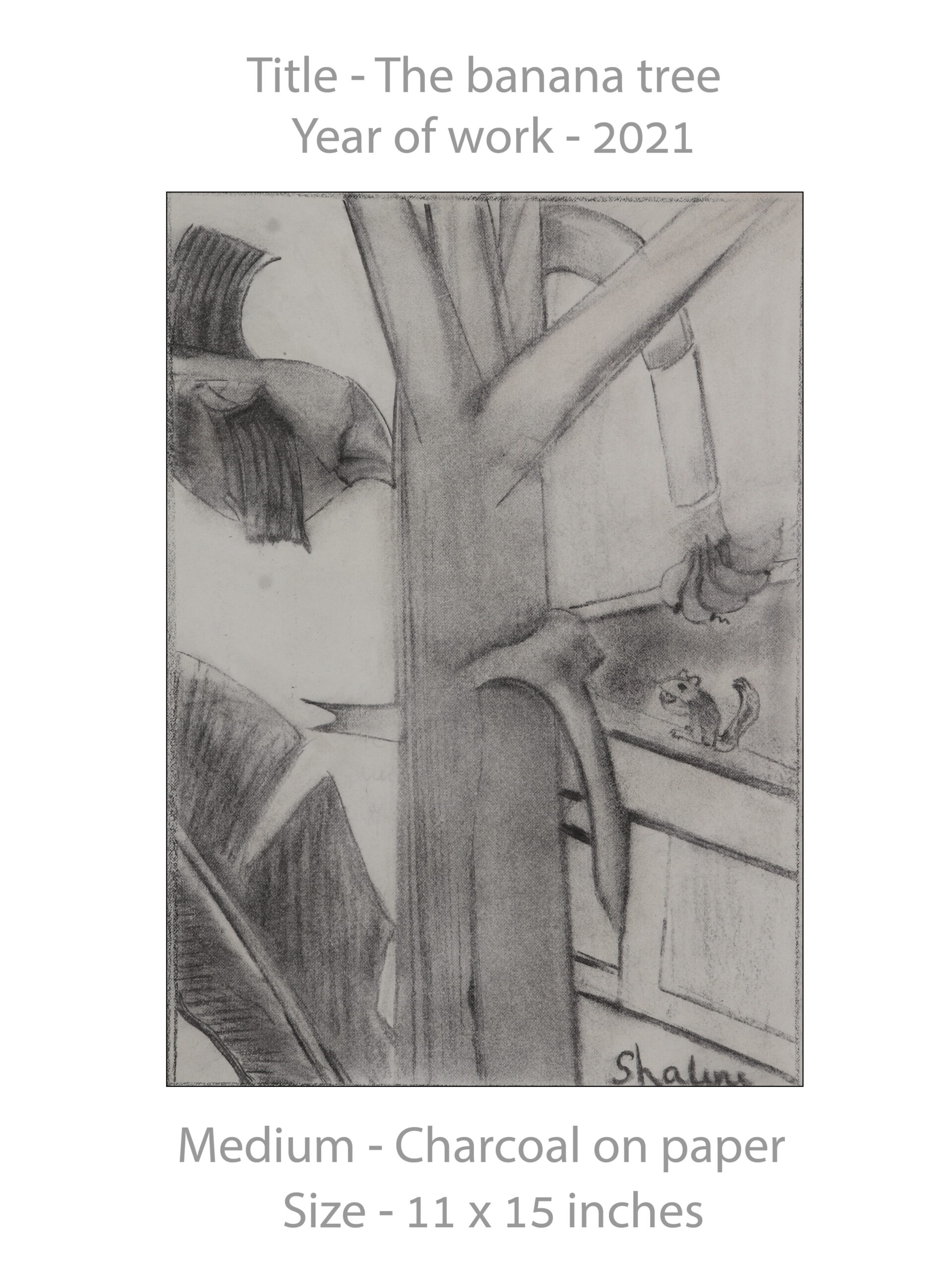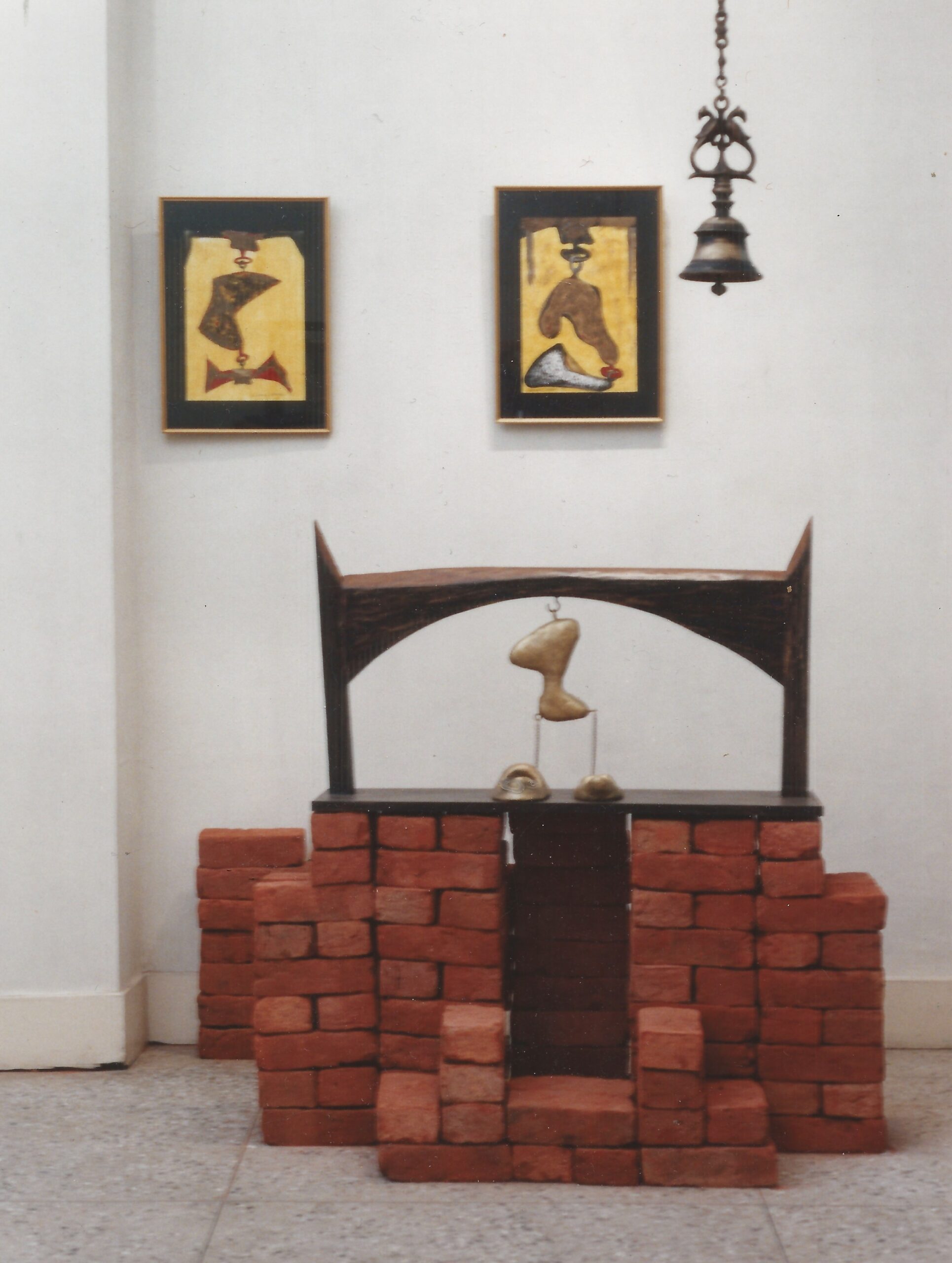Raunaq & Jassi: Watch Out Thespians, Bollywood is Here / Manohar Khushalani
The show of Raunaq & Jassi at Jawaharlal Nehru Stadium was a blockbuster, though, not as big as Director Feroz Abbas Khan’s earlier hit, Mughal E Azam. What appears to be a new trend or perhaps a solution for the beleaguered Amateur Theatre, about how to make the ends meet. The approach is to be commercially savvy. Have a big budget production with all the frills that technology demands, get a sponsor and launch it on a big scale. Designed by John Narun, the Cyclorama had the digital projections of luminescent landscapes and skyscapes with a wow appeal. Lighting by David Lander was in sync with the background projection just as Fali Unwala’s set was. The arches and balustrades seem to flow out of the landscapes. Piyush Kanojia has given the foot tapping melodious music, and Mayuri Upadhya choreographing the play with Bollywood style vigorous dances, Yes, one is giving credits to the technical crew first because they were largely responsible for the bells and whistles which made the production stand up and be noticed. Talking about the technical crew, one cannot ignore audio projection, which was flawless with the actors using Bluetooth microphones to be heard loud and clear. This is where some discomfort is felt by traditional actors who have been trained in mikeless voice projections. The nuances and earthy qualities of human voice are lost and actors tend to ignore making the effort to modulate their speech patterns. This was clearly visible to a trained ear when the actors tended to declaim rather than emote. So let’s not get carried away by the glitz and glamour.
The script which was obviously inspired by Shakespeare’s, Romeo & Juliet, was written by Iqbal Raj. The poetic adaptation was indeed remarkable and played a major role in success of the production. The lyrical quality of the verse did full justice to the bards tale. Like the original 16th century play, “Raunaq and Jassi” too explores a long-standing hatred between two feuding families the Jagirdars and Chaudharys, and a chance encounter leading to an intense romance between young Raunaq (Omkar Patil) and Jassi ( Neha Sargam) who belong to either clans, leads to a compelling tale of helpless but hapless love. The two lovers are torn between loyalties to their own clans and the fatal attraction to each other.
Khan, however, insists his production was an original script told in an Indian context.”It is kind of a homage to Shakespeare, but it is a completely original piece of writing, and the fact that we are doing a musical, that’s the fresh aspect of it,” He is reported to have said. There is some truth in that because, very simply, while Romeo and Juliet can be considered a tragedy as the protagonists – the young lovers – are faced with a momentous obstacle that results in a horrible and fatal conclusion. On the other hand Iqbals play has a happy ending because Raunaq is able to convince both families to give up their decades old rivalry and allow them to marry.
The play has a huge cast of 30 artistes including dancers and actors, It has 11 songs including two original compositions by the playwright. The performers have done a remarkable job. Dancers were agile and their steps were in perfect sync with the music. While the character of Jassi is played by Neha Sargam, actors Omkar Patil and Mahendra Singh Pal took turns to play Raunaq. One does not know who was playing Raunaq,s role on the day of the show. Neha’s performance stood out for her intensity laced with live singing. What is remarkable is the fact that all performers sang live, there was no playback except for the background scores which were played behind the crooner’s voice in Karaoke style. The lead singer Mirande Shah was like the spine of the play her matchless singing held the play together as she doubled up as a Sutradhar. The audience was applauding clapping and tapping their toes with memorable folk songs such as ‘Dama Dam Mast Kalandar’, ‘Kala Sha Kala’ and ‘Tumhe Pyaar’. This review would be incomplete without a word for performers who played supporting roles.and gave substance and flesh to the story. Dhai Maa (Sonal Jha) and Gurdip Mama (Jeetendra Shastri), who had a romantic history of their own in the play gave a peppy performance and drew huge applause. Gurneet in the role of Jarnell, the antogonist suitor of Jasssi with his remarkable stage presence was impressive. Farhan Fatema gave a robust enactment as the Chaudhraen with her clear diction and energetic voice.
This entire production became successful because of the visionary approach of the Director Feroz Abbas Khan with his out of box ideas in Production design and in booking Ashish Hemrajani of Book My Show to produce the play











This is in reference to your article published yesterday (https://stagebuzz.in/2020/03/05/raunaq-jassi-watch-out-thespians-bollywood-is-here-manohar-khushalani/)
A well written piece indeed. However despite Khan’s claim ‘…but it is a completely original piece of writing, and the fact that we are doing a musical, that’s the fresh aspect of it…’, however, as a matter of fact, there have already been at least twelve musical productions from Shakespeare’s plays (Reference: https://www.playbill.com/article/12-musicals-on-broadway-and-beyond-that-came-from-shakespeare-plays ).
On a personal note – I feel that all of Shakespeare’s plays are dark and I do not enjoy them.
Dear Chaturbhuj. Thanks for your feedback. I find them interesting. BTW the website has moved to a new Host and a new url. Earlier the E-mag was stagebuzz.in, now it’s at stagebuzz.in. So the new link of the review is
https://stagebuzz.in/2020/03/05/raunaq-jassi-watch-out-thespians-bollywood-is-here-manohar-khushalani/
Please check out the new look of the e-mag, would be grateful if you give us a feedback. for one, FYI its twice as fast
best
Manohar